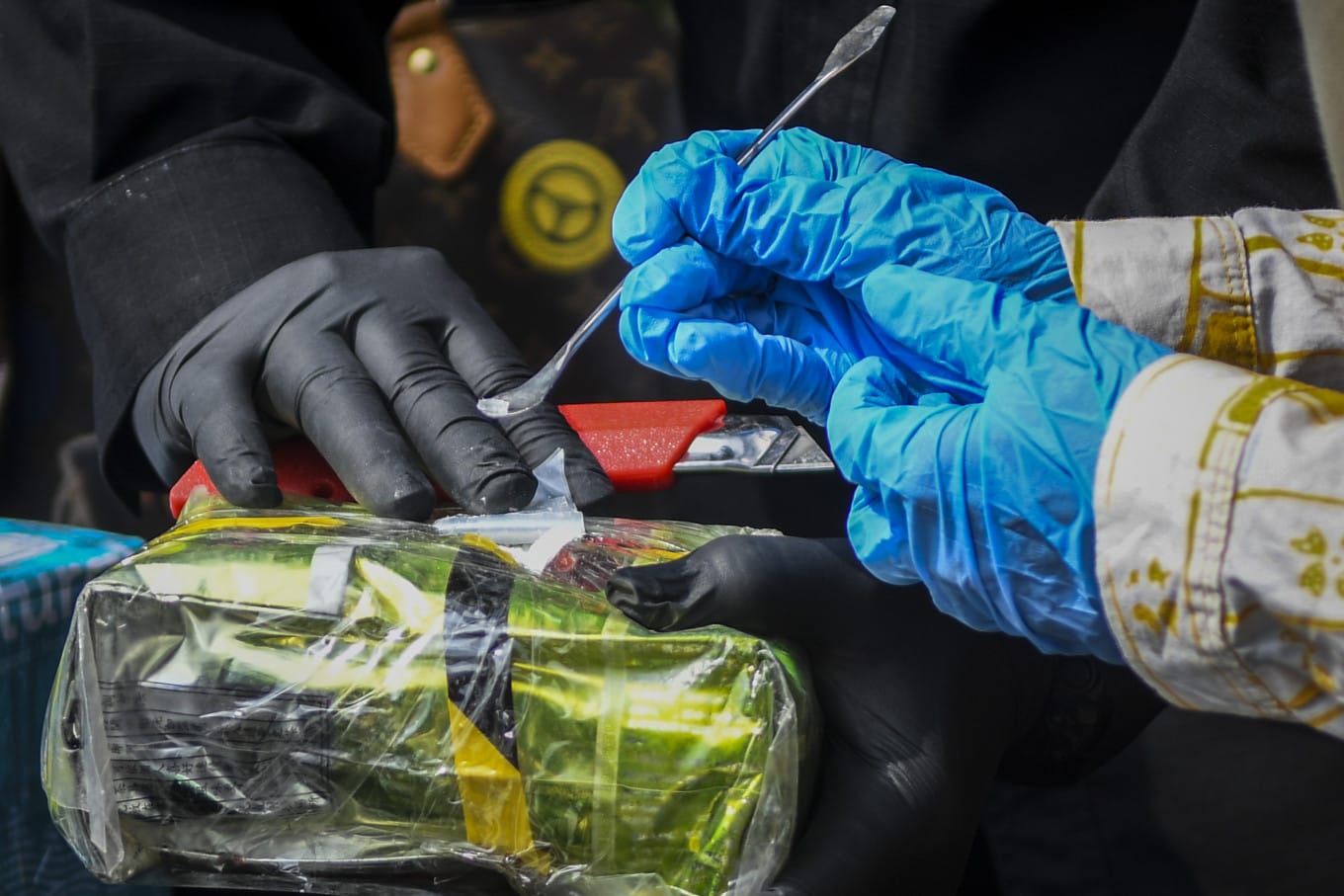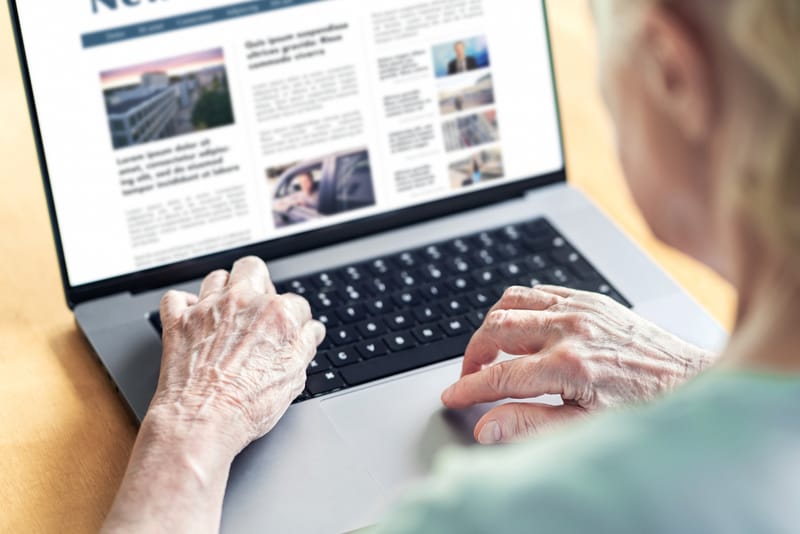
On a balmy day in 2009, Adinda Amalia (not her real name) and her boyfriend were arrested after they were caught injecting heroin in an informal shooting gallery – a derelict property in a South Jakarta slum. The arrests followed a police raid on the area.
The couple were brought to the local police station. While her boyfriend was allegedly beaten and tortured in a separate cell, Adinda was allegedly blindfolded, drugged, and gang-raped by police officers over four days.
The police allegedly demanded IDR95 million (US$6500) to end her ordeal and drop all charges – an unfathomable amount for someone living below the poverty line in Indonesia.
My latest research shows that experiences similar to Adinda’s at the hands of police officers are widespread in Indonesia.
Worse still, drug law enforcement in Indonesia including crackdowns, arrests for drug use, incarceration, and extrajudicial abuses were linked with negative health outcomes for women, and increased their risk of suffering a drug overdose.
Women, drugs and violence
Indonesia has strictly prohibited drug use and supply since the 1970s. Subsequent amendments to the drug law, adopted in 2009, recognised substance use as a complex medical issue by including provisions to divert people who use drugs away from the criminal justice system and into drug rehabilitation.
But in practice, law enforcement authorities continue to actively target and mete out jail time and civil rights sanctions for people suspected of, or caught using, psychoactive drugs.
Police play a central role in the practical enforcement of drug laws. An ongoing government-led “war on drugs” launched in 2015 by President Joko “Jokowi” Widodo, has resulted in an increase in street-level drug law enforcement, including police raids, sweeps and crackdowns, numerous arrests, and reports of unlawful abuses.
About half of Indonesia’s 276,000 prisoners are incarcerated for drug-related offences. Despite comprising a small proportion of Indonesia’s total prison population, women are being incarcerated at a higher annual rate than men.
More than half of Indonesia’s 14,204 registered female prisoners were imprisoned for drug offences as of February 2020. That number may increase and further overcrowd prisons because, according to the National Narcotics Board, about a million women in Indonesia use illegal or illicit drugs.
Although women are less likely to use, possess or sell drugs compared with men, they are more likely to be targeted by the police. Women tend to experience harsher treatment than men, especially unlawful abuses such as rape, violence, and extortion of money and sexual favours.
My study is based on interviews involving 731 women from Jakarta, West Java and Banten provinces between September 2014 and June 2015. These respondents are women who had injected drugs for at least 12 months as of the time they were surveyed. The research shows that nearly half of the women were arrested at least once in their lifetime, primarily for drug use and possession for personal use charges.
Almost 87% of the women reported that they or their families experienced extortion involving money and sexual favours in exchange for a lesser charge, a referral to drug dependence treatment, or having charges dropped.
They were often also coerced into providing names and addresses of other drug-using peers in exchange for a reduced charge.
The Conversation Indonesia has asked two Indonesian police spokespersons to respond to the research’s findings, but they refused to comment.
Bigger health risks
Women who use drugs are already treated like second-class citizens in Indonesia. The predominant discourse frames women who use drugs as unfit mothers and wives, and otherwise morally deficient or “bad” women.
Although they face an increased risk of HIV, higher treatment dropout and elevated mortality rates compared to men who use drugs, they have low access to health services.
🚨Our new briefing paper links drug policing to elevated #HIV risks, #overdose and other negative health outcomes among women who use #drugs in #Indonesia @IDPCnet @PantelichMarija #WorldDrugDay #DrugDecrim
Read it in English or Bahasa Indonesia 👇🏼 https://t.co/HMJIHAFuSA— Claudia Stoicescu (@DrClauStoicescu) June 21, 2022
In addition, among women living with HIV, going to prison for a drug offence increased the likelihood of interrupting antiretroviral treatment by 42.3%.
Another finding is that women who had a history of arrest and incarceration had increased odds of being exposed to HIV and hepatitis C through sharing non-sterile needles and syringes, compared to women who had never been arrested or incarcerated.
This vicious circle is driven by factors such as fear of arrest, persecution and violence, which may compel users to share used needles and engage in rushed, high-risk injections.
Decriminalise drugs, and the people who use them
Indonesian policymakers need to face the facts – the country’s current drug policies and their enforcement affect women disproportionately due to their disastrous consequences to health and human rights.
The Indonesian government should decriminalise drug use and possession to mitigate the harms of drug policies and their punitive enforcement.
Decriminalisation is no longer the controversial policy choice it may have seemed a decade ago.
In 2018, the United Nations system joined many policymakers and scholars worldwide in calling for decriminalisation of drug possession for personal use, and implementing alternatives to conviction and punishment.
At least 30 countries (and more than 50 local jurisdictions) have implemented some form of decriminalisation.
Thailand recently became the first Asian country to decriminalise cannabis cultivation and consumption, and released thousands of people from incarceration for drug offences.
Removing criminal penalties for drug use and related offences would immediately eliminate the need for police intervention in an area that should be under the auspices of healthcare authorities.
It would also reduce prison overcrowding and free up resources for police to fight serious crime, and for health ministries to expand effective health interventions.
In parallel, the government must invest in gender-sensitive health and social programs that address the root causes of drug use, and support women to become economically independent, adequately housed, and employed.
Together, such efforts can ensure that effective, health-focused, evidence-based responses to drugs become the norm in Indonesia. This would not only benefit women whose lives involve drugs, but also their families and communities.

This article originally appeared on The Conversation.





